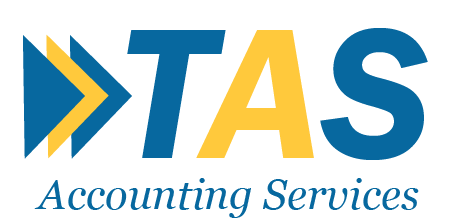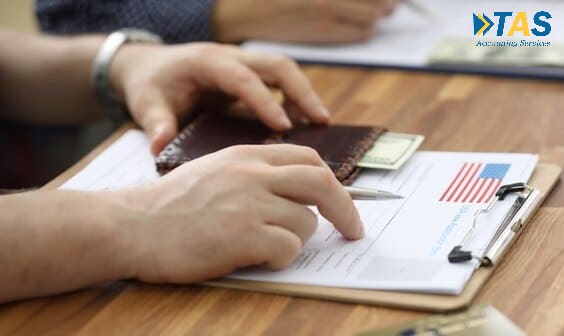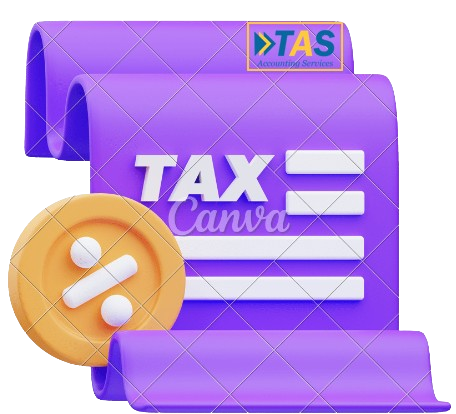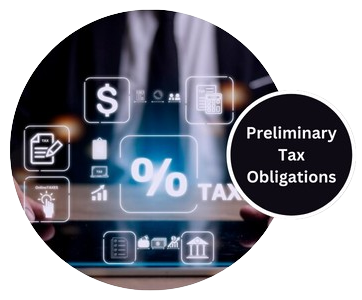A Complete Guide to Tax Refunds in Ireland
Tax refunds in Ireland can feel complicated, especially if you’re unfamiliar with the process. However, whether you’re a PAYE worker, self-employed, or an expat, understanding how to claim a tax refund in Ireland can ensure you recoup overpaid taxes and maximize savings. This guide provides a comprehensive overview, including eligibility, common refund types, and the application process.
What Are Tax Refunds in Ireland?
A tax refund is issued when you have overpaid taxes within a given tax year. Here are some common scenarios that may qualify you for a tax rebate in Ireland:
Key Point: You can claim tax back Ireland up to four years after the relevant tax year, so act promptly to avoid missing deadlines.
Who Is Eligible for a Tax Refund in Ireland?
Understanding your eligibility for a tax refund or tax rebate Ireland is crucial. Here are some scenarios where you may qualify:
Types of Tax Refunds in Ireland
Here are the most common types of tax refunds and how they apply:
Steps to Apply for a Tax Refund in Ireland
Claiming a tax refund Ireland is straightforward if you follow these steps:
Why Claiming a Tax Refund Matters
Common Mistakes to Avoid
A Complete Guide to Tax Refunds in Ireland
Tax refunds in Ireland can feel overwhelming, especially if you’re unsure about eligibility or how to apply. However, whether you’re an Irish resident, an expat, or self-employed, understanding the tax refund in Ireland process can help you reclaim overpaid taxes. With the right approach, you might even recover more than expected. This guide will walk you through everything you need to know about tax refunds in Ireland, from eligibility to common mistakes to avoid.
What Are Tax Refunds in Ireland?
A tax refund refers to the reimbursement of taxes that have been overpaid during a specific tax year. These refunds can apply to individuals, contractors, self-employed workers, and PAYE (Pay-As-You-Earn) employees. Here are key points to understand about tax refunds in Ireland:
Why Filing a Tax Refund Matters
Common Types of Tax Refunds in Ireland
Several types of tax refunds are available depending on your situation. Here are the most common ones:
Steps to Claim a Tax Refund in Ireland
Follow these steps to ensure a smooth process for claiming your tax refund in Ireland:
Why Does This Matter?
Who Is Eligible for a Tax Refund in Ireland?
Understanding whether you’re eligible for a tax refund in Ireland is essential to reclaim overpaid taxes. Here are some key groups and scenarios where individuals and businesses may qualify for refunds:
Checking your eligibility thoroughly and filing an accurate tax refund Ireland claim can ensure you reclaim what you’re owed.
Types of Tax Refunds in Ireland
Different scenarios call for specific types of tax refunds in Ireland. Here’s a detailed breakdown:
How to Maximize Your Tax Refund
To ensure you claim the highest possible refund, follow these steps:
Claiming your tax refund in Ireland requires understanding your eligibility and gathering the necessary documents. Whether it’s a tax rebate, vat refund Ireland, or refund due to emergency tax, taking proactive steps ensures you recover overpaid taxes. For complex cases, consulting with tax professionals can provide clarity and maximize your refund.
If you need further assistance with filing your Irish tax return or claiming your tax rebate Ireland, don’t hesitate to seek expert advice to streamline the process.
Steps to Apply for a Tax Refund in Ireland
Applying for a tax refund in Ireland doesn’t have to be complicated. By following these step-by-step instructions, you can ensure a smooth process and maximize your refund.
By carefully following these steps, you increase your chances of receiving your Irish tax refund promptly while avoiding errors.
Deadlines and Filing Process for Tax Refunds in Ireland
Adhering to deadlines and following proper filing procedures is crucial when claiming a tax refund in Ireland.
Understanding Tax Credits and Deductions in Ireland
Tax credits and deductions are essential for reducing your tax liability and optimizing your financial situation. By understanding how they work and applying them effectively, you can minimize the taxes you owe and potentially increase your tax refund in Ireland. Here’s a comprehensive guide:
Tax Credits vs. Tax Deductions
Types of Tax Credits
Common Tax Deductions in Ireland
Common Mistakes to Avoid
Why Keeping Accurate Records Matters
Maintaining organized and accurate financial records is critical to managing your taxes effectively. Here’s why:
For complex cases or large claims, consider seeking professional assistance to ensure your taxes are handled correctly and efficiently. By doing so, you’ll not only save money but also gain peace of mind during tax season.
Tax Refunds for Self-Employed Individuals in Ireland
Self-employed individuals in Ireland have numerous opportunities to claim tax refunds by leveraging specific deductions and credits. Proper understanding of these options can significantly reduce tax liabilities and maximize refunds.
Tax Refunds for Expats in Ireland
Navigating the tax system as an expat in Ireland can be complex, but understanding your entitlements can help ensure you claim all possible refunds.
Maximize Your Tax Refund Today
Follow these steps to make the most of your tax refund opportunities:
Why Maximizing Tax Refunds Matters
By taking these proactive steps, both self-employed individuals and expats can optimize their tax refunds and stay compliant with Irish tax laws.
Calculating Tax Refunds in Ireland
Calculating your tax refund in Ireland requires a clear understanding of Ireland’s PAYE, VAT, and self-assessment tax systems. Below is a comprehensive guide to ensure accuracy when determining your refund:























